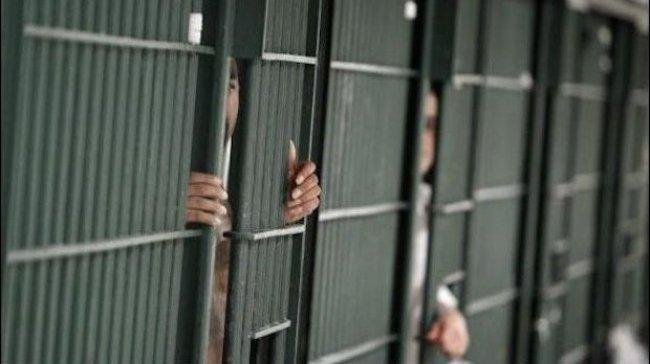
The authorities of the Saud regime are delaying the trial of their detainees in the Kingdom’s prisons.
The Saud Criminal Court adjourned the trial of religious thinker Hassan Farhan al-Maliki until December 16, while the prosecutor maintained his demand for his execution.
The Saud’s prosecutor has charged Maliki with 14 counts, all of which relate to the first two charges of controversial views on the authenticity of parts of the hadith and his criticism of some of the seventh-century Islamic figures, including the companions of the Prophet Muhammad, peace be upon him.
Other charges include “insulting the country, the leading ulema and extremism”, accusing the Gulf states of supporting the Islamic State, and “not adhering to good citizenship.”
The decision to postpone al-Maliki’s hearing until December 16 was issued, although he has not been present at any court hearing since he received the list of cases, and the next hearing may be a verdict, said Saudi singers and activists.
The main reason for Maliki’s arrest and prosecution is to praise Hezbollah leader Hassan Nasrallah, his sympathy for the Houthi group in Yemen and his controversial religious views in television interviews.
These views are contrary to the beliefs in the kingdom that have long espoused certain interpretations and fatwas to its scholars, and although the crown prince, Mohammed bin Salman, argues that he is making profound reforms, opponents see them as selective.
Al-Maliki has already expressed that he believes that those who deny the prohibition of singing and music of all kinds are extremists and extremists, because he did not want any evidence to ban them, but that the Prophet (peace and blessings of Allaah be upon him) heard them.
Although the Kingdom has for a long time been banned from prohibiting music and singing, it has recently witnessed an unprecedented openness in that area, and has adopted a view similar to that of al-Maliki.
Human Rights Watch has also demanded the release of al-Maliki, who has been in custody since September 2017, arguing that the Saudi Public Prosecution is seeking to inflict the death penalty on a Saudi religious reform thinker on vague charges related to his peaceful religious ideas.
The Saudi authorities arrested Hassan Farhan al-Maliki in September 2017, detained him since, and finally charged him in October 2018.
The prosecution of al-Maliki contradicts his apparent peaceful expression of his religious ideas with Crown Prince Mohammed bin Salman’s statement in October 2017 that he wanted to bring the country back to a moderate Islam open to the world and all religions.
“Mohammed bin Salman has consistently pledged to support a more moderate version of Islam, as his country maintains a public prosecution seeking to inflict the death penalty on religious reformers for expressing their peaceful ideas,” said Michael Page, deputy Middle East director at Human Rights Watch. The real path to reform in Saudi Arabia is to allow religious thinkers like al-Maliki to express themselves without fear of arrest and execution.